Kevin, ALS Patient From The US, Talks About Discovering Stem Cell Treatment
Kevin, from the US, was diagnosed with Amyotrophic Lateral Sclerosis (ALS). ALS progresses quite fast, and this was something Kevin wanted to tackle head on. He and his wife then decided to keep an open mind and source out other treatment options that would be available to them.
His wife was doing the research, trying to look for options in other countries that offered other types of treatments when she discovered Global Stem Cells. They then contacted one of our Patient Representatives and were confident they had found the answer they’d been looking for.
Treatments and Improvements
Whilst in Bangkok, Kevin received Stem Cell Treatment through IV, together with Lumbar Puncture, Aqua Therapy, Physical Therapy and Occupational Therapy.
In regards to the therapists, Kevin said,
I can’t believe how much the therapists have helped me in the two weeks I’ve been here.”
Before Kevin began his treatment, he had no movement in his arm, shoulder and hand. However, after receiving the Stem Cell Treatment as well as the other therapies, Kevin was able to move his shoulder, arm and hand.
Kevin says,
The movement in my shoulder has really improved so much, and everything is going really good, I’m very happy with it.
Kevin on his Bangkok Stem Cell Treatment Experience
The minute he arrived at the airport, Kevin was met by a patient representative who would assist him through Thai immigration and then take him to the hospital.
This made him feel very welcome.
Whilst at the hospital, Kevin noted that the doctors and nurses were very kind, caring and knowledgeable and the rooms were always very tidy and clean.
A Message to other ALS patients considering Regenerative Treatment
On asked about what advice he’d give to other patients who are similarly suffering from ALS, Kevin said,
Don’t be afraid to leave the country to seek out alternative things that may not be offered in your country.”
About ALS
ALS is a condition which affects major parts of the body, and if a member of the family has it, frequent check-ups are advised, as ALS can be hereditary.
The earlier it is discovered, the better. The two types of ALS include sporadic and familial. Sporadic, which is the most common form of the disease in the U.S., accounts for 90 to 95 percent of all cases. It may affect anyone, anywhere. Familial ALS (FALS) accounts for 5 to 10 percent of all cases in the U.S. Familial ALS means the disease is inherited. In those families, there is a 50% chance each offspring will inherit the gene mutation and may develop the disease.
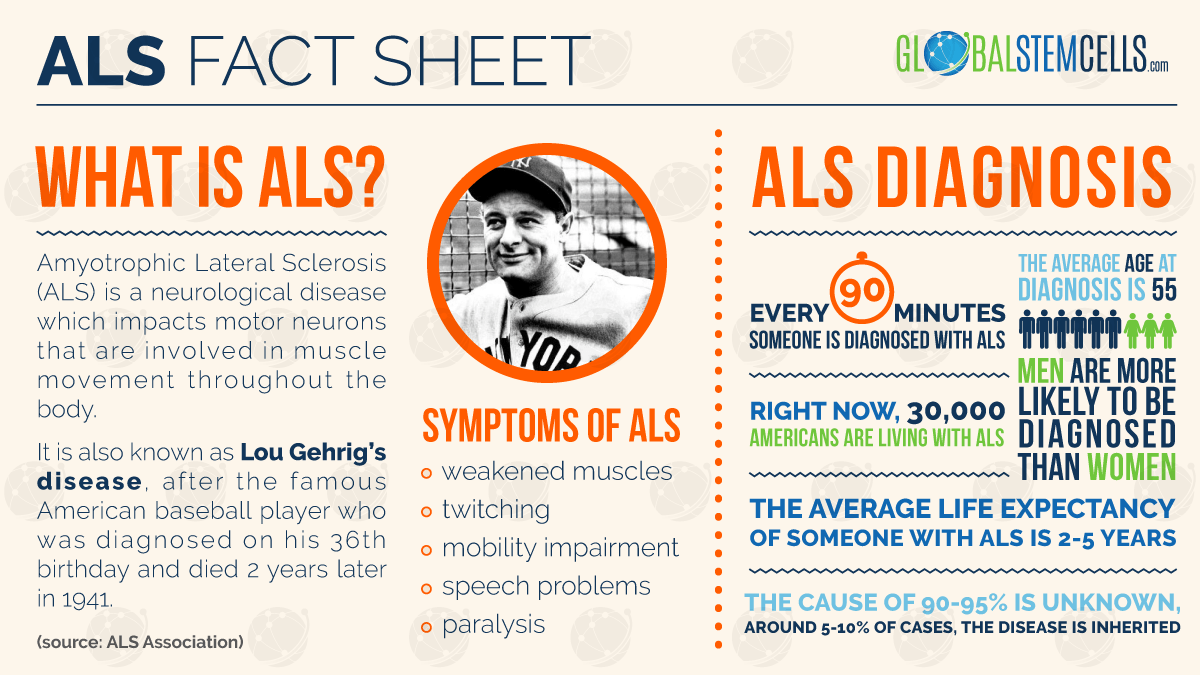


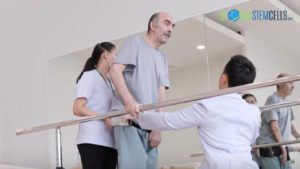
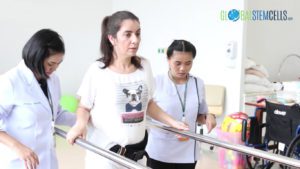
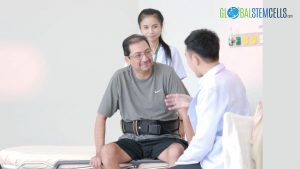
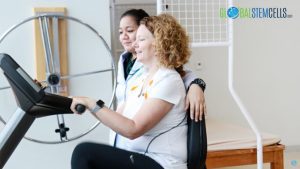
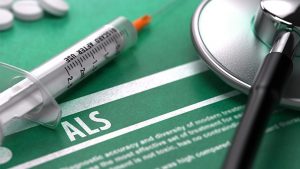
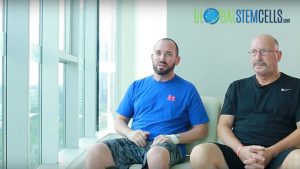
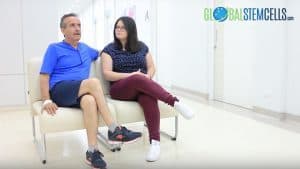


 English
English